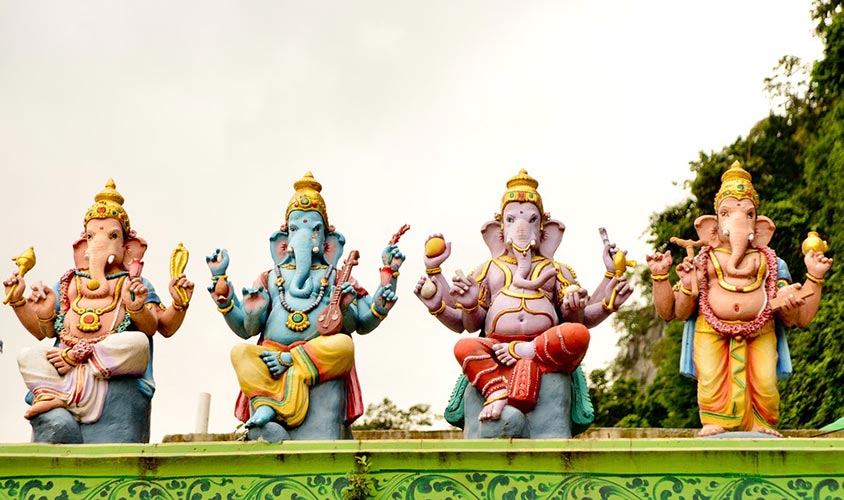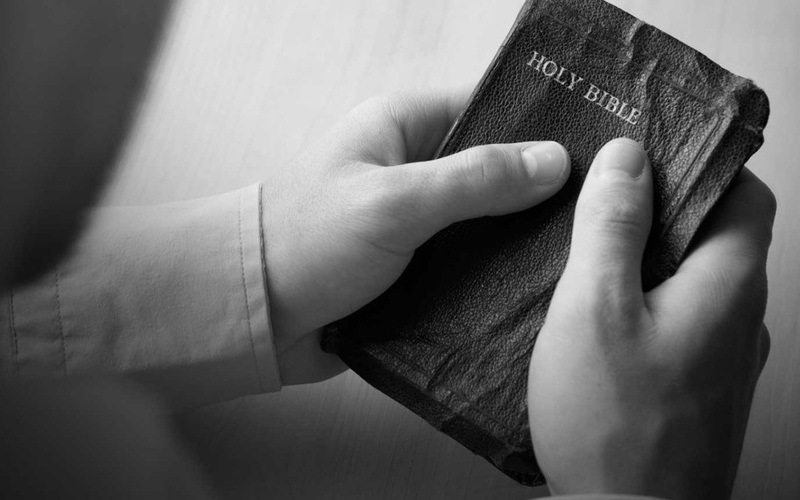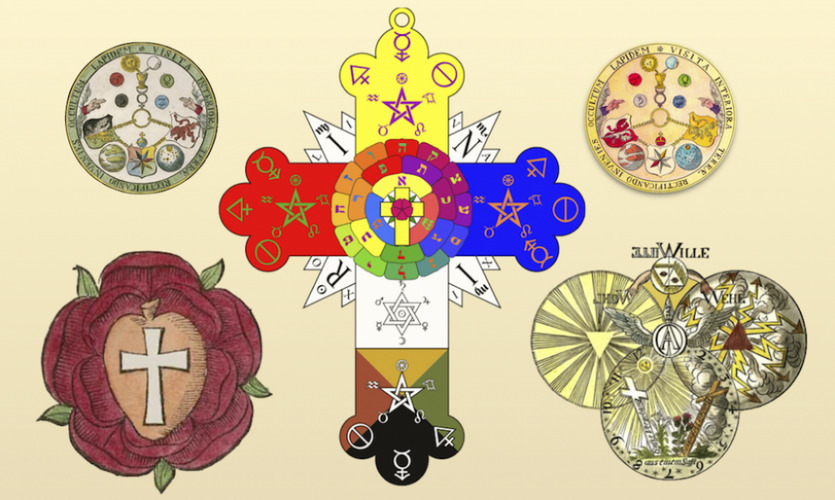What Is Hinduism religion Origins, Facts & Beliefs?
Hinduism:
Hinduism is the dominant religion of India that emphasizes dharma with its resulting ritual and social observances and often mystical contemplation and ascetic practices.

who is the founder of Hinduism:
Unlike other religions, Hinduism has no one founder but is instead a fusion of various beliefs.
Around 1500 B.C., the Indo-Aryan people migrated to the Indus Valley, and their language and culture blended with that of the indigenous people living in the region. There’s some debate over who influenced who more during this time.
The home is the place where most Hindus conduct their worship and religious rituals. The most important times of day for the performance of household rituals are dawn and dusk, although especially devout families may engage in devotion more often.
Hinduism rituals:
The most notable feature in Hindu religious ritual is the division between purity and pollution. Religious acts presuppose some degree of impurity or defilement for the practitioner, which must be overcome or neutralized before or during ritual procedures. Purification, usually with water, is thus a typical feature of most religious actions. Avoidance of the impure—taking animal life, eating flesh, associating with dead things, or body fluids—is another feature of Hindu ritual and is important for repressing pollution.
Still, another feature is a belief in the efficacy of sacrifice, including the survival of Vedic sacrifice. Thus, sacrifices may include the performance of offerings in a regulated manner, with the preparation of sacred space, recitation of texts, and the manipulation of objects.
A third feature is the concept of merit, gained through the performance of charity or good works, that will accumulate over time and reduce sufferings in the next world.
The home is the place where most Hindus conduct their worship and religious rituals. The most important times of day for the performance of household rituals are dawn and dusk, although especially devout families may engage in devotion more often.
After the ritual purification of a bath, the Hindu family conducts personal worship of the gods at their shrine, which typically includes lighting a lamp and offering foodstuffs before the images, while prayers in Sanskrit or a regional language are recited. In the evenings, especially in rural areas, mostly female devotees may gather together for long sessions of singing hymns in praise of one or more of the gods.
Minor acts of charity punctuate the day. During daily baths, there are offerings of a little water in memory of the ancestors. At each meal, families may set aside a handful of grain to be donated to beggars or needy persons, and daily gifts of small amounts of grain to birds or other animals serve to accumulate merit for the family through their self-sacrifice
Hinduism symbol:
There are two primary symbols associated with Hinduism, the om and the swastika. The word swastika means “good fortune” or “being happy” in Sanskrit, and the symbol represents good luck.
The om symbol is composed of three Sanskrit letters and represents three sounds (a, u, and m), which when combined are considered a sacred sound. The om symbol is often found at family shrines and in Hindu temples.
Hinduism gods:
- Here are just some of the many Hindu gods and goddesses:
Brahma, the Creator:
Brahma is the first member of the Hindu Trinity and is “the Creator” because he periodically creates everything in the universe. (The word periodically here refers to the Hindu belief that time is cyclical; everything in the universe — except for Brahman and certain Hindu scriptures — is created, maintained for a certain amount of time, and then destroyed to be renewed in the ideal form again.)
Vishnu, the Preserver:
Vishnu is the second member of the Hindu Trinity. He maintains the order and harmony of the universe, which is periodically created by Brahma and periodically destroyed by Shiva to prepare for the next creation.
Vishnu is worshipped in many forms and several avatars (incarnations). Vishnu is an important, somewhat mysterious god. Less visible than nature gods that preside over elements (such as fire and rain), Vishnu is the pervader — the divine essence that pervades the universe. He is usually worshipped in the form of an avatar.Shiva, the Destroyer:
Shiva is the third member of the Hindu Trinity, tasked with destroying the universe to prepare for its renewal at the end of each cycle of time. Shiva’s destructive power is regenerative: It’s the necessary step that makes renewal possible.
Hindus customarily invoke Shiva before the beginning of any religious or spiritual endeavor; they believe that any bad vibrations near worship are eliminated by the mere utterance of his praise or name. -
Ganapati, the Remover of Obstacles:
Ganapati, also known as Ganesha, is Shiva’s first son. Lord Ganapati, who has an elephant head, occupies a very special place in the hearts of Hindus because they consider him the Remover of Obstacles. Most Hindu households have a picture or statue of this godhead, and it’s not uncommon to see small replicas of Ganapati hanging from rearview mirrors of cars and trucks!
Avatars of Vishnu:
The literal meaning of the word avatar is “descent,” and it’s usually understood to mean divine descent. Avatars are savior forms of a god that descend to earth to intervene whenever help is needed to restore dharma (moral order) and peace. Two of Vishnu’s ten avatars are Rama and Krishna.
Rama:
Rama is one of the most beloved Hindu gods and is the hero of the Hindu epic called the Ramayana. He is portrayed as an ideal son, brother, husband, and king and as a strict adherent to dharma. Millions of Hindus derive satisfaction from reading and recalling Rama’s trials and tribulations as a young prince who was exiled from his kingdom for 14 years.
Krishna:
If one Hindu god’s name is known and recognized throughout the world, it is Krishna. Hindus identify Krishna as the teacher of the sacred scripture called the Bhagavad Gita and as the friend and mentor of prince arjuna in the epic the Mahabharata.
For his devotees, Krishna is a delight, full of playful pranks. But most of all, Lord Krishna’s promise to humanity that he will manifest himself and descend to earth whenever dharma declines have sustained Hindu belief in the Supreme Being over thousands of years.
Saraswati, the Goddess of Learning:
Saraswati is the consort of Brahma the Creator and is worshipped as the goddess of learning, wisdom, speech, and music. Hindus offer prayer to Saraswati before beginning any intellectual pursuit, and Hindu students are encouraged to offer prayers to her during the school/college term and especially before and during examinations.
Lakshmi:
Lakshmi is the goddess of good fortune, wealth, and well-being. As the consort of Vishnu, she plays a role in every incarnation. (She is Sita, wife of Rama; Rukmini, wife of Krishna; and Dharani, wife of Parashu Rama, another avatar of Vishnu.)
Durga Devi:
Durga Devi is a powerful, even frightening goddess who fights fiercely to restore dharma (moral order). Yet, while Durga is terrifying to her adversaries, she is full of compassion and love for her devotees.
Indra, the King of Heaven and Lord of the gods:
Indra wields a thunderbolt and is a protector and provider of rain.
Surya, the sun:
Surya (or Soorya) is a golden warrior arriving on a chariot pulled by seven white horses.
Agni, the fire god:
Agni holds a special place in Hindu fire ritual to this day as the sacrificer (the priest who performs the ceremony); the sacrifice (the ritual fire and the offerings made into it); and the witness to all rites.
Hanuman, the monkey king, and devoted servant:
Hanuman is featured in the great Hindu epic the Ramayana. He earned his path to deification by performing feats of strength, devotion, and courage while helping Rama (an avatar of Vishnu) in countless exciting incidents.
Hinduism holy book:
Hindu texts are manuscripts and voluminous historical literature related to any of the diverse traditions within Hinduism. A few sets are shared resources across these traditions and broadly considered as Hindu scriptures. These include the Vedas and the Upanishads. Scholars hesitate in defining the term “Hindu scriptures” given the diverse nature of Hinduism, but many list the Bhagavad Gita and the Agamas as Hindu scriptures, and Dominic Goodall includes Bhagavata Purana and Yajnavalkya Smriti in the list of Hindu scriptures as well.
World Religions
READ THIS NEXT:
Bhavishya Puran Of Hindus | All about The Bhavishya Purana
Islam in Bhavishya Purana | Is It Really Predicted in Bhavishya Purana?
Zoroastrianism Religion | Founder, Beliefs, Gods, & More
Taoism religion | Definition, Facts, Philosophy, Beliefs, & More
Study Buddhism What is the study of Buddhism?
Druze religion | A Definition and Facts and More
Freedom Of Religion Or Religious Liberty | Opinions and Ideas




6 thoughts on “What Is Hinduism religion Origins, Facts & Beliefs?”